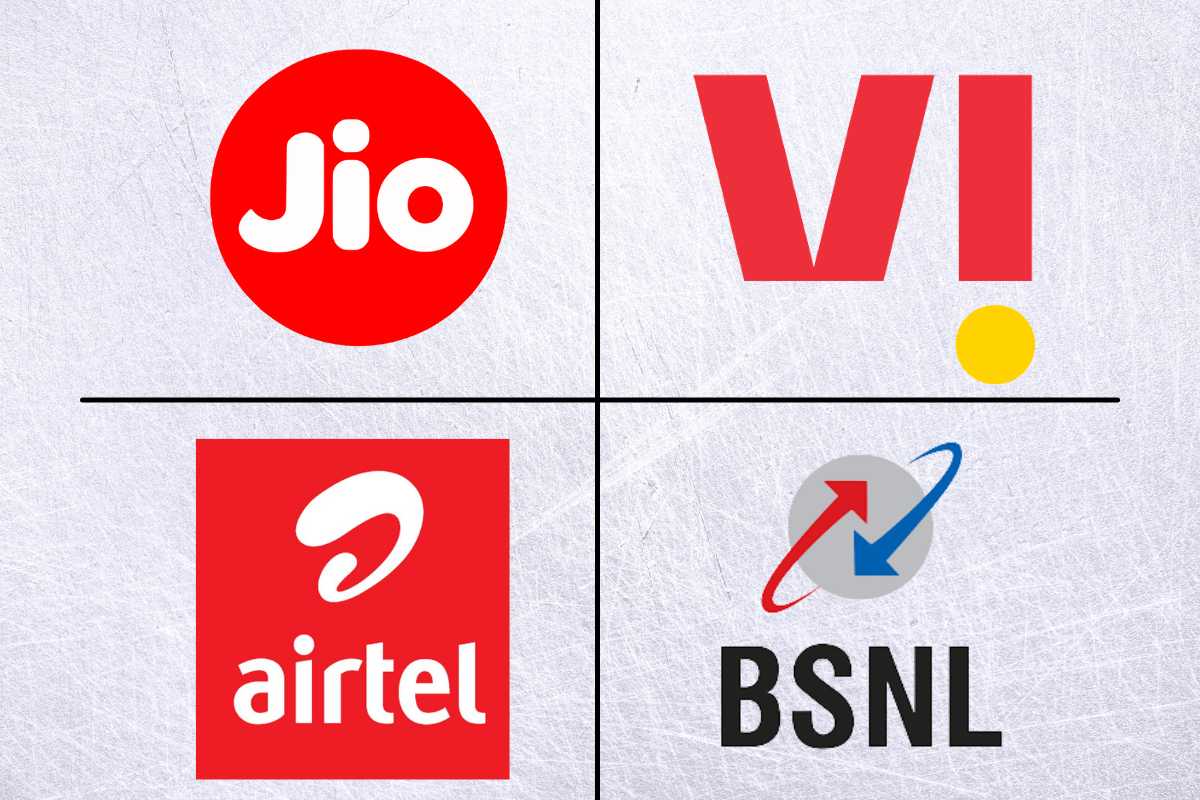
Reliance Jio, Bharti Airtel, Bharat Sanchar Nigam Limited (BSNL) and Vodafone Idea (Vi) are not in favour of introducing the caller identification feature that was proposed by the Telecom Regulatory Authority of India (TRAI). The caller identification feature would enable the users to understand who is calling them. The name would be derived from the KYC (know your customer) database that is maintained by the telcos. However, the telecom operators are not in favour of the caller identification mechanism or feature. The mechanism is called Calling Name Presentation (CNAP).
Reliance Jio said that there are multiple technical and data privacy concerns related to this solution. One of the biggest issues is at the device level. Most of the devices in the market ecosystem will not even support the CNAP. There could also be issues at the OS (operating system) level of the smartphones to implement this feature. Jio also said that there would be an increased load on signalling and an increase in call set-up time that will lead to an increase in network load and will negatively impact the latency of the connection. One of the biggest points that Jio mentioned was the issues with privacy that consumers would face.
Read More - COAI Requests Govt to Exempt Customs Duty on Telecom Equipment ahead of Budget 2023
"We are already witness to multiple cases where the abuse and inappropriate behaviour starts the moment called party is speaking to a person of opposite sex, which can only increase when the name is also available," Jio said in its reply to the consultation paper floated by TRAI.
Bharti Airtel pointed out similar issues as flagged by Jio:
a) Since it is not universal, all the handsets don't naturally support CNAP.
b) There would be issues with privacy as CNAP would have to adhere to privacy laws.
c) Longer call setup times which can lead to customer dissatisfaction.
d) Significant costs as the telcos would have to get separate storage of customer data specifically for CNAP.
"While the DoT and TRAI have rightly acknowledged CNAP as a supplementary service, given the limited potential and uncertainty over customer opt-ins, we recommend that the option of charging the customer for CNAP should be left to market dynamics, i.e. under forbearance," said Airtel.
Read More - In-Depth: Airtel, Jio and Vodafone Idea International Roaming Packs Analysed
BSNL, in its response, said that CNAP should not be made mandatory at this stage. Instead, it should be kept on as an optional value-added service.
"In initial phase of implementation CNAP service should be provided as a Value Added Services (VAS) with additional features for subscribers wherein subscribers are allowed to use their preferred name, commercial name, a public institution or non-governmental organization’s name, trademark etc. For making the mandatory activation for each subscriber there may be challenges with legacy network elements which may not be capable to provide this facility to all of its customers," said BSNL.
Vodafone Idea Limited (VIL) said CNAP is generally an LTE feature, and there are no standards for its implementation over 2G and 3G networks. The telco also pointed out that there would be huge involvement in Network and IT systems and processes and would touch upon circle-level and node-level architecture. Vodafone Idea also pointed out the same things as Jio and Airtel, saying that there would be issues at the device level. VIL said that given the financial stress they are under, it would be difficult for them to separate expenses for this service.















